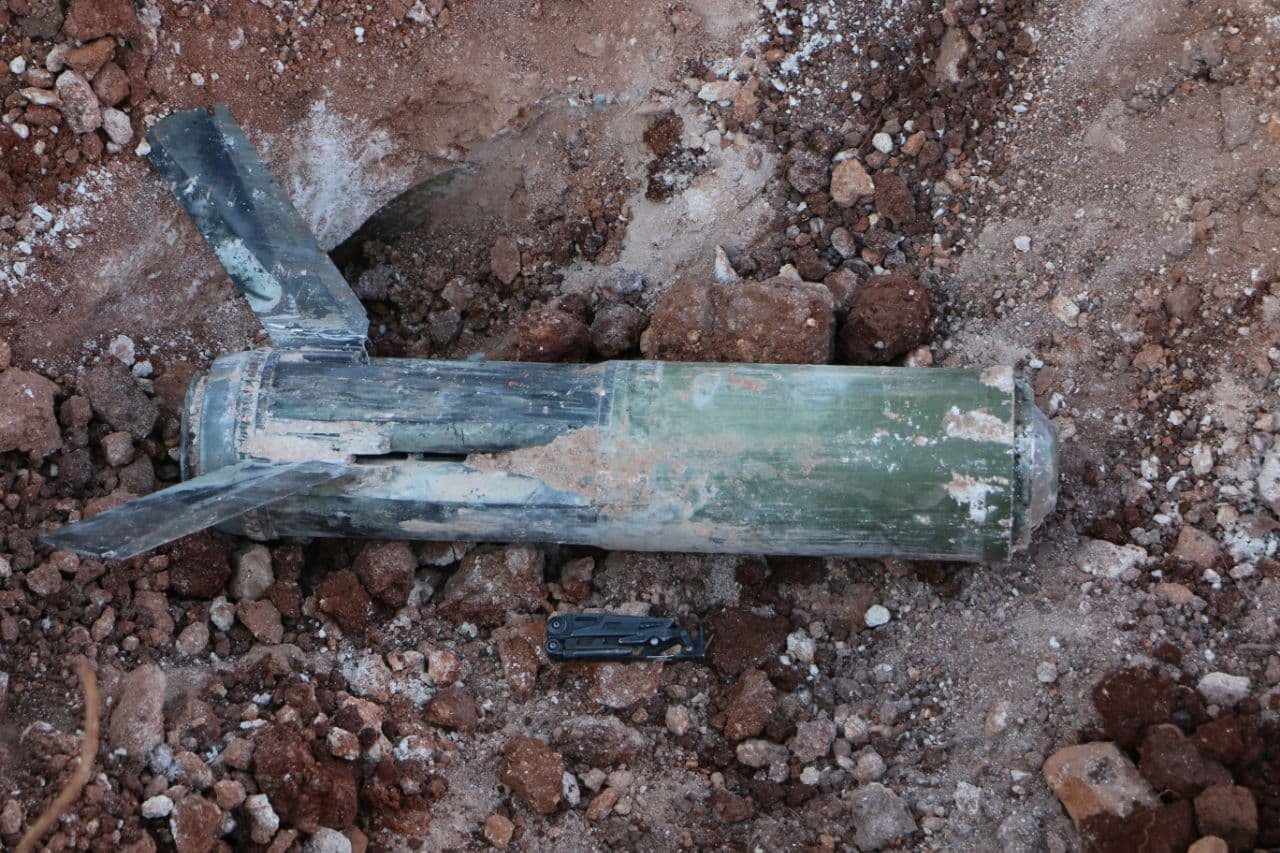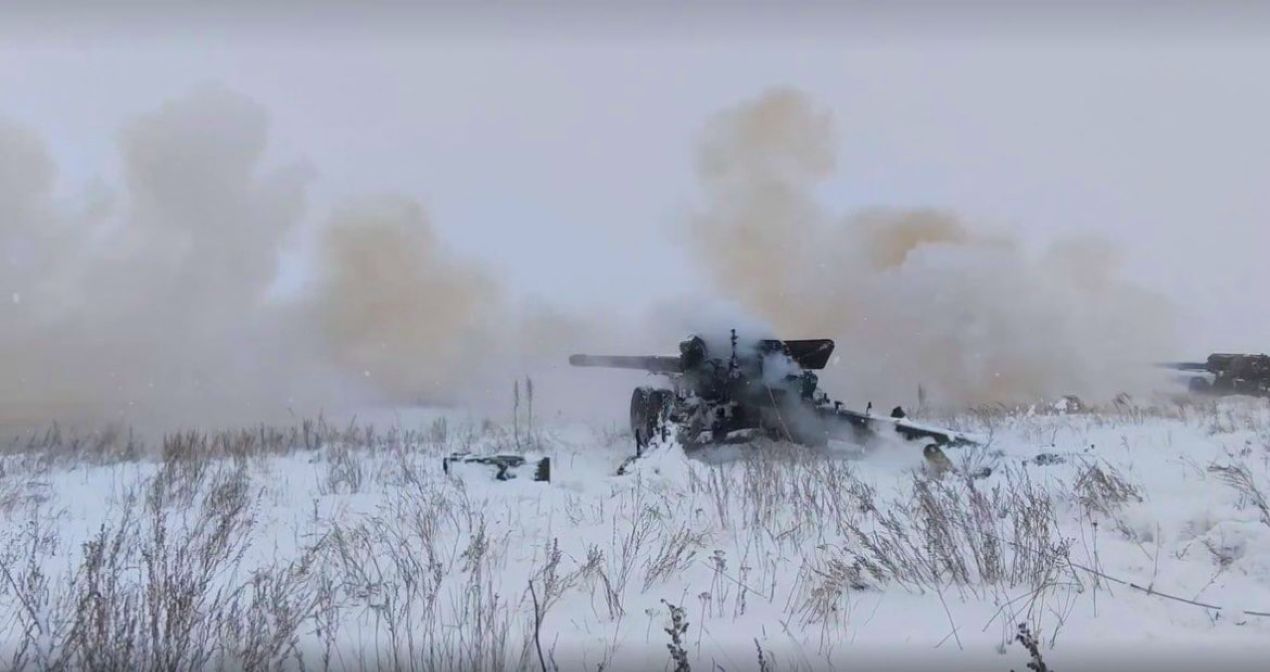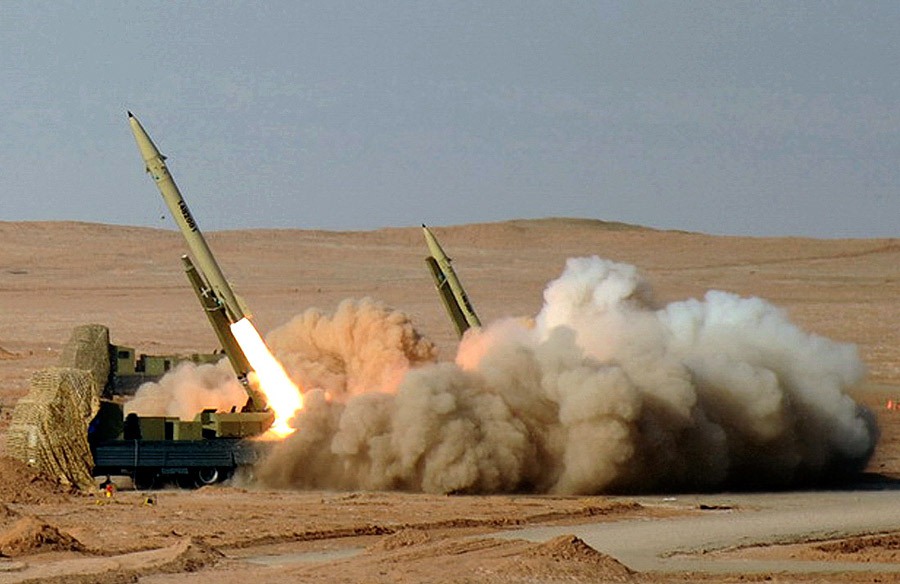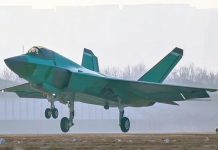After more than nine months of the war in Ukraine, Russia increasingly relies on deteriorated artillery and rocket shells, some of which were manufactured more than four decades ago, the Pentagon announced.
A senior US military official predicted that Russia would deplete its fully-serviceable ammunition stockpiles by early 2023. However, the official noted that those stocks are rapidly depleting, likely pushing them to utilize ammunition in what one would term “degraded conditions.”
This pushes Russian forces to decide what risks they are prepared to take in terms of higher failure rates, uncertain performance, and whether or not these degraded weapons would need any kind of refurbishing.
Russia is already drawing on ammunition supplies from the Soviet era, some more than 40 years old. Defense officials claimed that this ammunition has a high failure rate and frequently either doesn’t fire or detonate when it hits its target.

About the Russian strategy, the US official added, “You cross your fingers and hope it’s going to fire, or when it lands that it’s going to explode.” In more extreme situations, the outdated ammo may explode while loaded or fired, putting Russian troops in danger.
Due to this, the Russian military will probably struggle to restock its inventory of fully serviceable artillery and rocket ammunition through domestic manufacturing, refurbishing, and imports from other countries.
Russia’s defense sector, hampered by heavy Western economic sanctions, is under heavy pressure to supply the weapons required by its military to keep the current rate of operations in Ukraine.
Iran revealed last month that it had provided Moscow with drones but claimed they were delivered before the Ukraine conflict. Moscow has denied using Iranian drones to strike Ukraine and has disputed receiving weapons from North Korea.

Iran To Limit Range Of Missiles Sent To Russia?
The US has said that Russia is now looking to Iran and North Korea to secure more reliable ammo. Barbara Woodward, a British diplomat, and China expert, has stated that Russia is almost sure to acquire weapons from North Korea and other strongly sanctioned regimes.
However, reports are suggesting that Russia will no longer be able to rely on Iran to get short-range ballistic missiles (SRBMs), something Ukrainian intelligence officials claimed they had expected to happen last month.
Four senior Israeli officials told Axios, citing intelligence assessments, that Iran wants to limit the range of the missiles it intends to give Russia for the conflict in Ukraine because it is worried about an international backlash.
According to the US, such arms shipments from Iran to Russia are illegal under UN Security Council resolution 2231, stipulating that the UN must authorize any Iranian nuclear, ballistic missile, or arms transfers.
Iran intends to offer Russia-only missiles with a range of fewer than 300 kilometers and alter other missiles so they comply with the resolution’s restrictions to lessen the adverse effects on the international community and avoid breaking it, according to Israeli sources.
The Iranian government also plans to send the Fateh-110 missile system to Russia. These modifications are made to ensure that it complies with the resolution. Furthermore, the Iranians had considered providing Russia with the Zolfaghar missile, which has a range of around 435 miles but later decided against it.

Meanwhile, Ben Wallace, UK’s defense minister, stated on December 12 that his country has not ruled out delivering longer-range weapons to Ukraine. Wallace asserted that if Russia keeps attacking Ukraine’s civilian infrastructure, he will keep an “open mind” on the systems that Britain will supply Ukraine.
On the other side, the US has refused to give Ukraine any version of the Army Tactical Missile System (ATACMS) short-range ballistic missile, which could put Russian targets in danger of missile assaults.
He asserted that such assaults violate all legal norms, including the Geneva Conventions, and that Britain must ensure that such crimes against humanity are not unpunished.
“We too have in our armory potential weapon systems that are longer [range], and should the Russians continue to target civilian areas and try and break those Geneva conventions, then I will be open-minded to seeing what we do next,” Wallace highlighted.
Nevertheless, what specific long-range weapon Britain could offer Ukraine is currently unclear.
- Contact the author at ashishmichel(at)gmail.com
- Follow EurAsian Times on Google News




